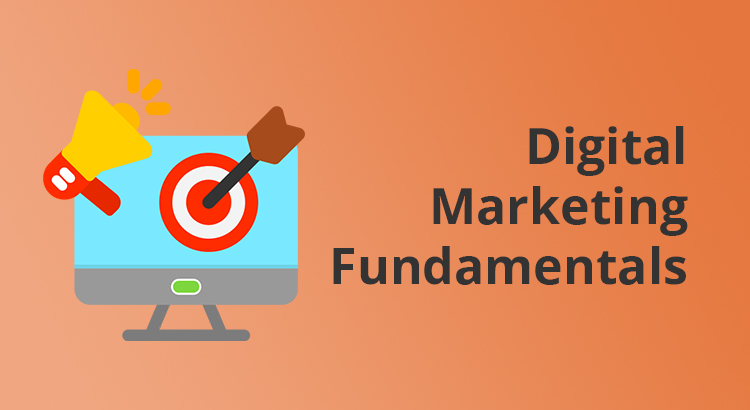With the arrival of the internet and the widespread adoption of digital technologies, businesses are increasingly turning to digital marketing to reach their target audiences effectively. Whether you’re an experienced marketer or a budding entrepreneur, understanding digital marketing fundamentals is important.
What Is Digital Marketing?
Digital marketing encompasses a broad spectrum of activities aimed at promoting products or services through digital channels. Digital marketing leverages online platforms such as search engines, social media, email, and websites to connect with potential customers.
Why Is Digital Marketing Important?
Here are the benefits of digital marketing.
Enhanced Reach
Unlike traditional methods, digital marketing enables global audience engagement, reaching diverse demographics effortlessly.
Equal Opportunities
Digital platforms allow small businesses to compete alongside industry giants, leveling the playing field.
Targeted Outreach
With digital tools, identifying and engaging potential customers becomes simpler, yielding more effective results.
Trackable Results
Digital marketing provides comprehensive tracking tools, offering insights into audience engagement and campaign effectiveness.
High ROI
Digital marketing delivers substantial returns, emphasizing the immense potential of digital marketing investments for driving business growth and maximizing profitability.
Digital Marketing Fundamentals
1. Search Engine Optimization (SEO)
SEO is the process of optimizing a website to improve its visibility and ranking in search engine results pages (SERPs).
By optimizing website content, meta tags, and backlinks, businesses can increase their organic traffic and attract more visitors from search engines like Google and Bing.
2. Content Marketing
Content marketing involves creating and distributing valuable, relevant, and consistent content to attract and retain a targeted audience. Content can take various forms, including blog posts, articles, videos, infographics, and podcasts.
By providing informative and engaging content, businesses can build trust with their audience and establish themselves as industry leaders.
3. Email Marketing
Email marketing involves sending targeted messages to a list of subscribers with the goal of driving engagement, nurturing leads, and promoting products or services.
Email marketing campaigns can include newsletters, promotional offers, product announcements, and personalized content tailored to the recipient’s interests and preferences.
4. Social Media Marketing
Social media marketing involves using social media platforms such as Facebook, Twitter, Instagram, and LinkedIn to connect with audiences, build relationships, and promote products or services.
Social media marketing campaigns can include organic content creation, paid advertising, influencer partnerships, and community engagement strategies.
5. Pay-Per-Click (PPC) Advertising
PPC advertising is a form of online advertising where advertisers pay a fee each time their ad is clicked.
PPC ads appear at the top of search engine results pages and are an effective way to drive targeted traffic to a website or landing page. Popular PPC platforms include Google Ads and Bing Ads.
6. Mobile Marketing
Mobile marketing focuses on reaching audiences on mobile devices such as smartphones and tablets. Mobile marketing tactics can include mobile-friendly website design, SMS marketing, mobile apps, and location-based advertising.
With the increasing use of mobile devices, mobile marketing has become essential for reaching consumers on the go.
7. Affiliate/Influencer Marketing
Affiliate marketing involves partnering with individuals or entities (affiliates) to promote products or services in exchange for a commission on sales.
Influencer marketing is a subset of affiliate marketing that involves partnering with social media influencers to promote products or services to their followers.
Wrapping Up: Digital Marketing Fundamentals
Digital marketing helps businesses to connect with their target audiences, increase brand awareness, and drive sales. By understanding digital marketing fundamentals and implementing effective strategies, businesses can stay ahead of the competition and achieve their marketing objectives.


